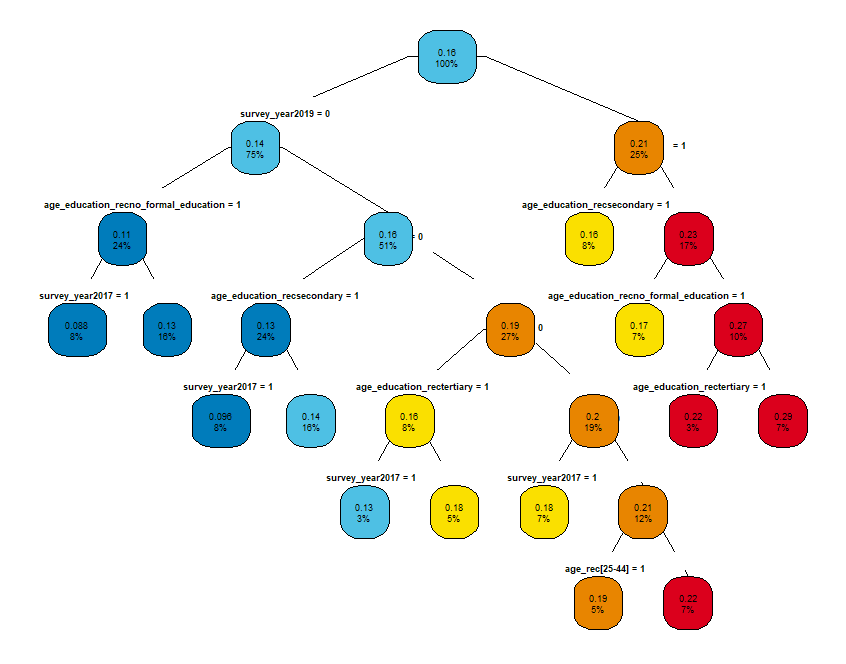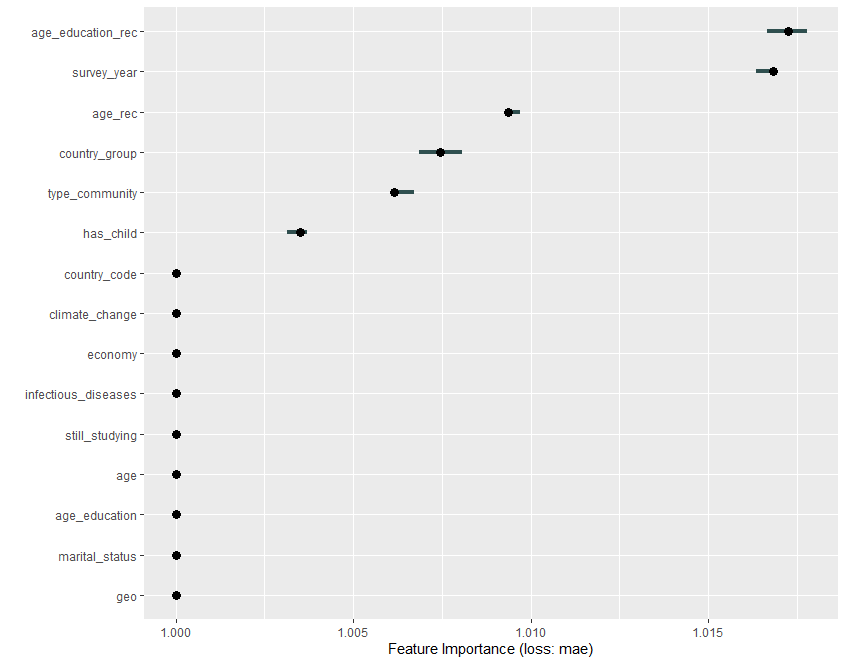Open Science
 or API.](/media/img/blogposts_2021/global_problem_1_climate_change_5_plots.png)
For Climate change subject, as recognized by the Library of Congress Subject Headings, with variations Changes, Climatic, Changes in climate, Climate change, Climate change science, Climate changes, Climate variations, Climatic change, Climatic changes–Environmental aspects, Climatic fluctuations, Climatic variations, Global climate changes, Global climatic changes, we find 265 datasets, but after close inspection, only 25 are tabular data in csv or xlsx files.
In the case of Environmental Protection , also known as Environmental quality management, Protection of environment we only find two datasets, those of our Green Deal Data Observatory.
There is something clearly not going allright here. Out of the 2154041 open documents, only 42487 are csv or xlsx tabular tables, yet before we started using them, seemingly nobody published data in these subjects.

People with no formal education rarely think that climate change is the most important global problem. People with secondary school education care less than people with tertiary education, and people with tertiary education or a bachelor’s degree care less than people who have a university degree or who are committed to life-long learning. This effect is further emphasized by level of urbanization: the more urbanized are the respondents, the more likely they think that climate change is the single most important problem facing humanity. (Urban people tend to have higher education levels, too.)
Another important factor is age: the younger the respondent, the more likely to believe that climate change is the single most important problem.
One takeaway is that generally, people’s climate awareness is rising: Europeans tend to be more urbanized and more educated, and this works in favor of recognizing this problem. The coming younger generations are also more aware of climate change. Yet, as Covid-19 shows, a global trauma can alter the picture quickly.
Using the implemented machine learning R software package of Christoph Molnar, we calculated the importance of various socio-demography variables in predicting who will think that climate change is the most important problem facing us.

The importance of age, time, and even the time spent in education (age of leaving formal education) show that there is very significant change over time. Unfortunately, this change is not monotonous, until 2019 climate awareness was growing by this indicator, then it declined due to Covid.
If you would ask a European citizen about the most important global problem today, the following decision tree would help guessing if she or he would reply “climate change”.

The education level, the age, and the question of asking are very important variables, and so is the fact if the respondent has at least one child. Interestingly, parents are less likely to be concerned about climate change then other people. In other words, the children are more concerned than their parents.
Get our data
You can always rely on our API to import directly the latest, best data, but if you want to be sure, you can use our regular backups on Zenodo. Zenodo is an open science repository managed by CERN and supported by the European Union. On Zenodo, you can find an authoritative copy of our indicator (and its previous versions) with a digital object identifier, in this case, 10.5281/zenodo.5711962. These datasets will be preserved for decades, and nobody can manipulate them. You cannot accidentally overwrite them, and we have no backdoor to modify them.
Are you a data user? Give us some feedback! Shall we do some further automatic data enhancements with our datasets? Document with different metadata? Link more information for business, policy, or academic use? Please give us any feedback!